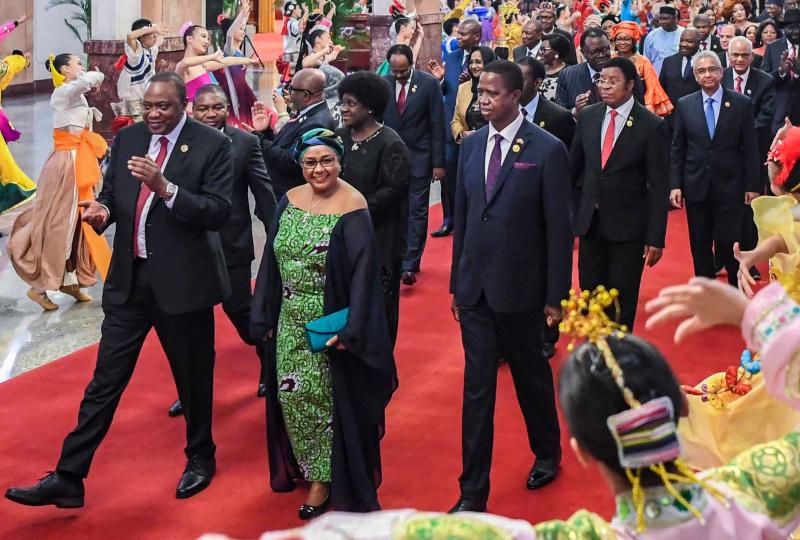×
The Standard e-Paper
Home To Bold Columnists

The raging debate over China’s debt to Africa can be looked at by flipping the coin on the other side; must Africa be helped?
It now seems to be a contest on who has helped Africa most, using the most appropriate method. We are avoiding the question as to who has succeeded the most in making Africa self-dependent.